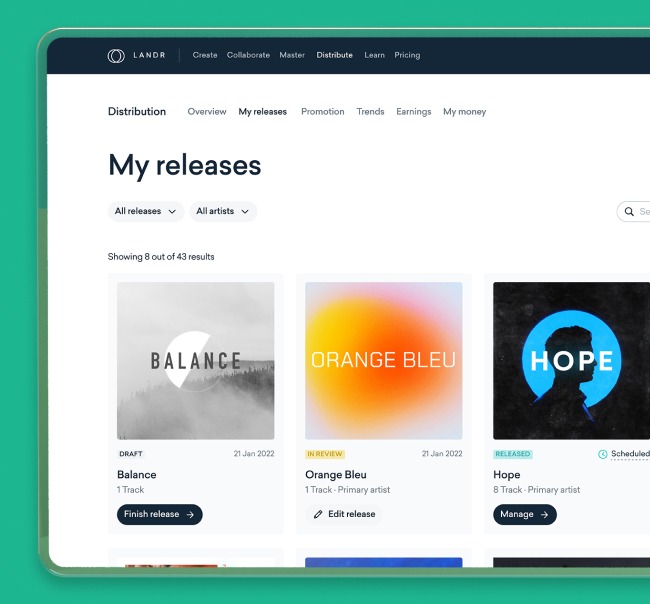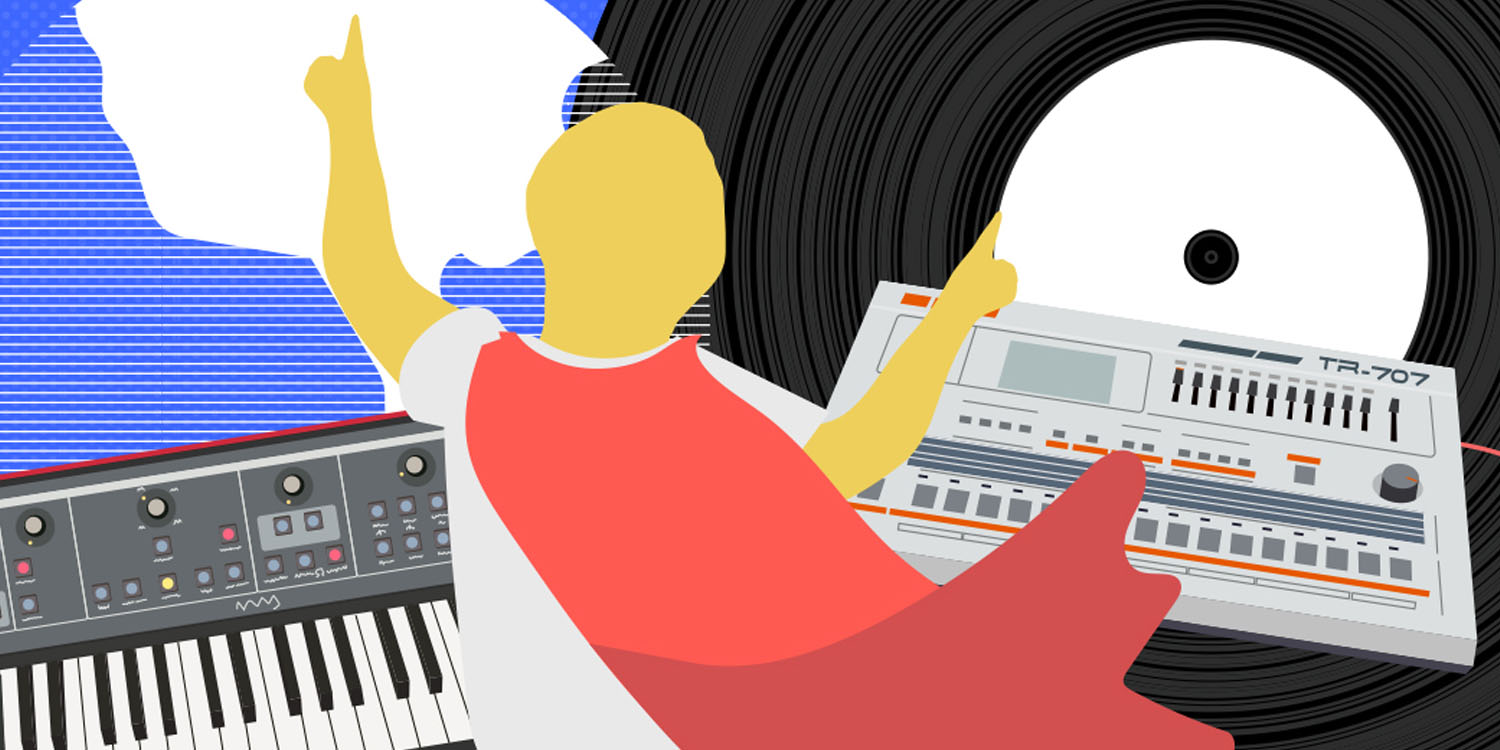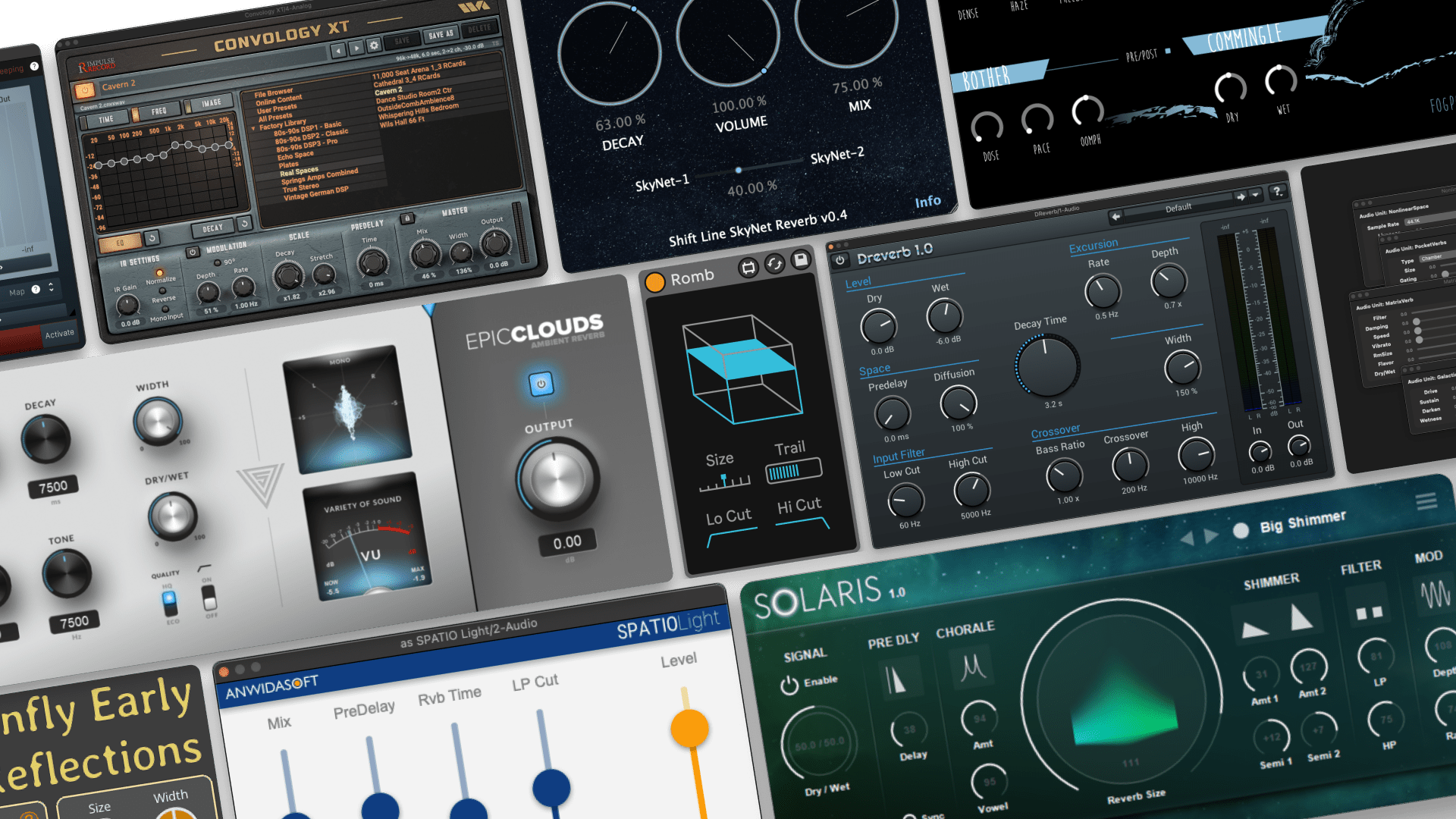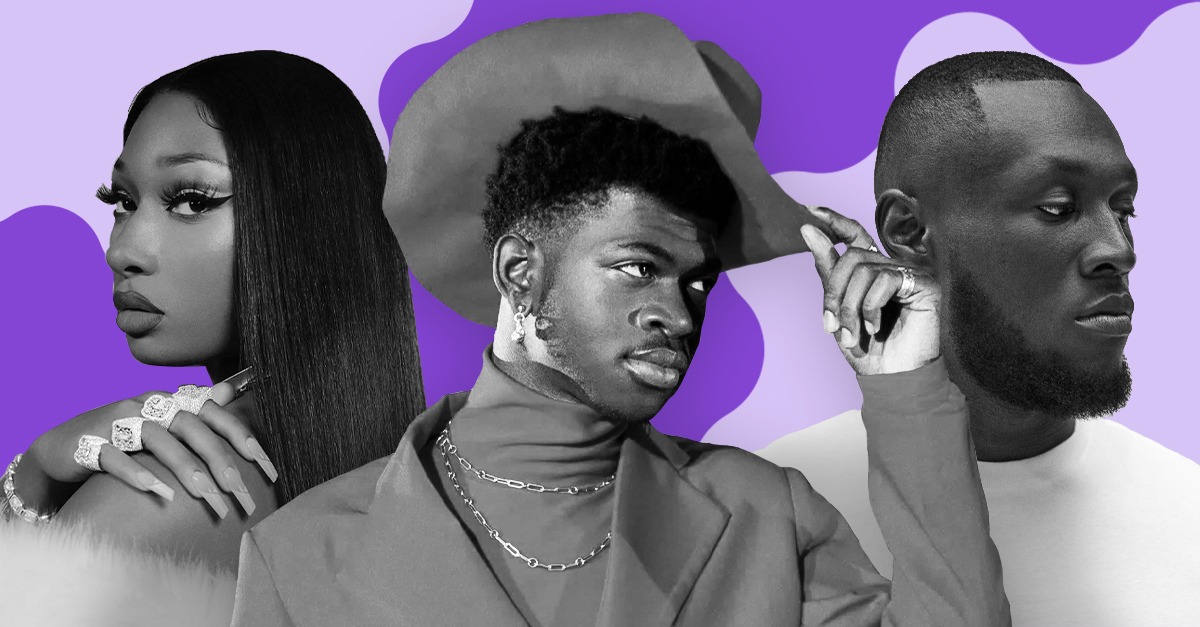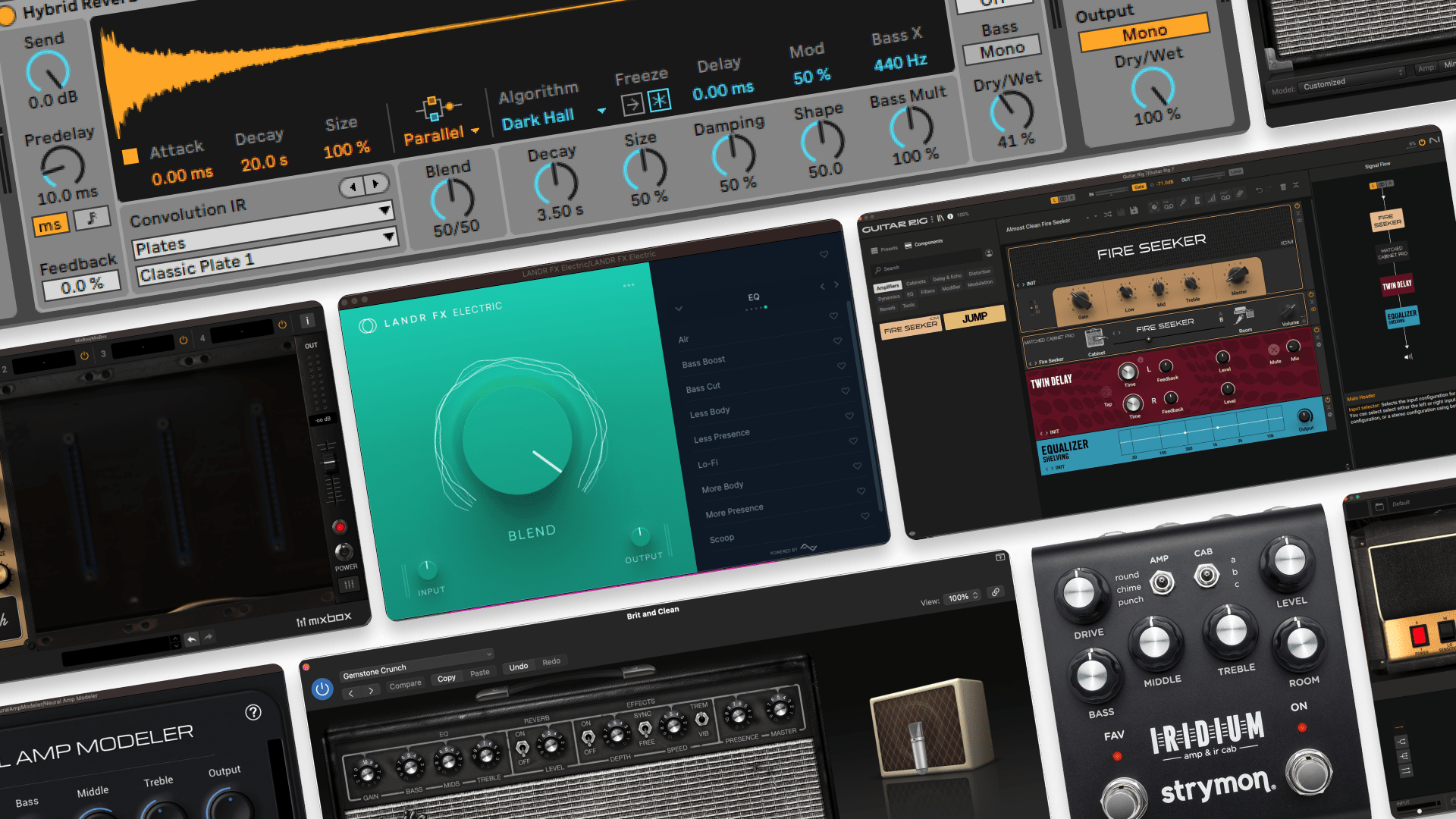
Les accords de distribution : comment obtenir un contrat de distribution musicale en 2024
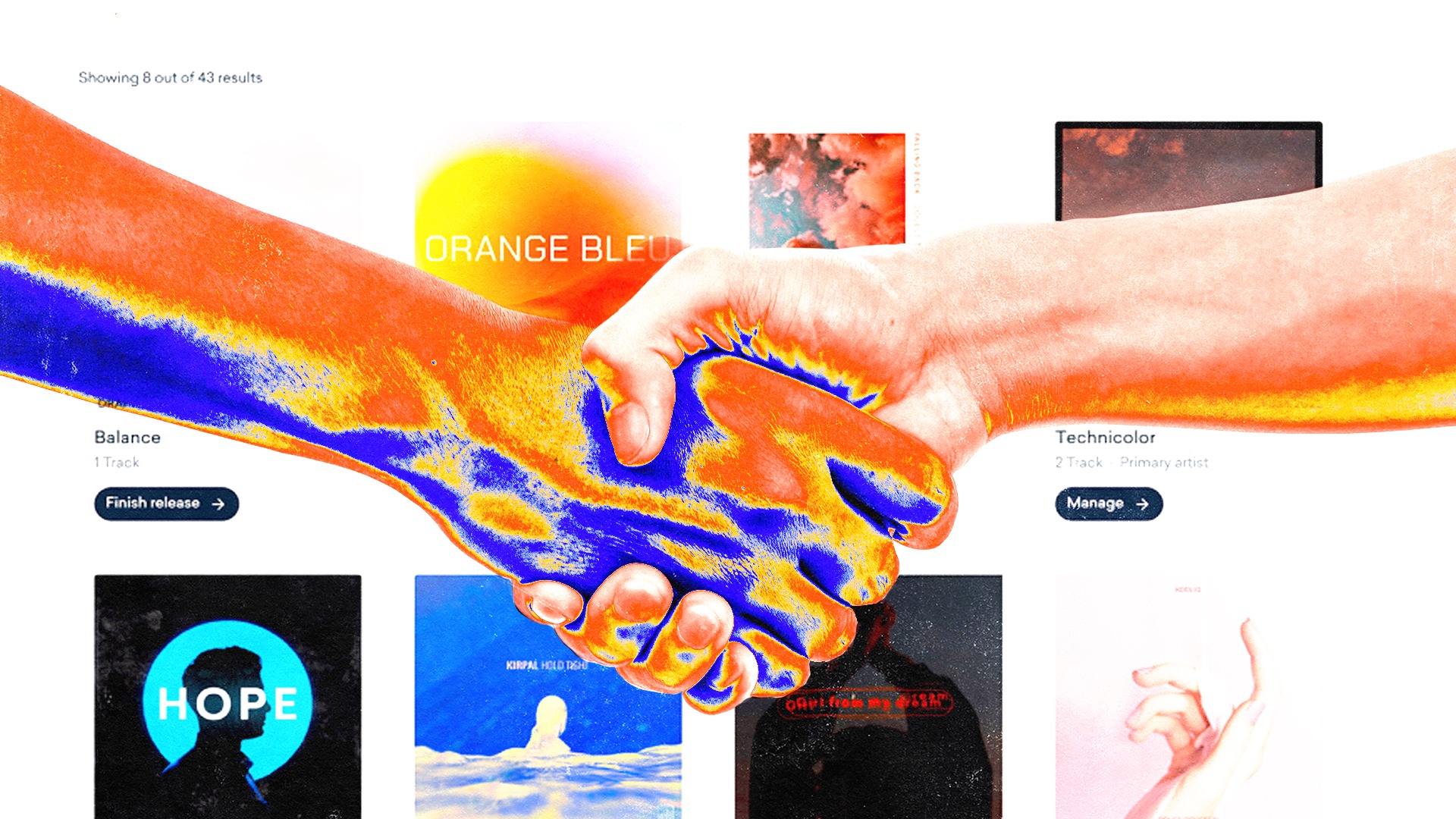
La distribution de votre musique est toujours un grand moment, et un contrat de distribution a pour but de toucher autant de personnes que possible.
L’industrie musicale d’aujourd’hui est entièrement en ligne.
Les plateformes de streaming comme Spotify, Apple Music, YouTube et d’autres sont le moyen par lequel la plupart des auditeurs trouvent et écoutent leur musique.
Il est donc important d’obtenir un bon contrat de distribution qui place votre musique sur ces plates-formes et qui paie pour chaque diffusion.
Les services de distribution modernes rendent ce processus plus facile que vous ne le pensez.
Explorons tout ce que vous devez savoir sur les contrats de distribution et sur le fonctionnement des paiements des diffusions lors de la sortie de votre musique.
Explication des contrats de distribution
Qu’est-ce qu’un contrat de distribution?
Un contrat de distribution est un accord entre un artiste et une société de distribution où la société accepte de gérer les ventes au détail (physiques ou numériques) de la musique d’un artiste.
Les contrats de distribution font partie intégrante de l’industrie musicale depuis que les disques vinyles, les CD et les cassettes constituaient le principal moyen d’achat et de consommation de musique.
À l’origine, les sociétés de distribution géraient des canaux de vente physiques et étaient responsables de la mise en rayon des disques des artistes dans les magasins de musique.
Aujourd’hui, la distribution physique ne représente qu’une petite partie de ce qui entre en jeu dans un contrat de distribution. De nombreux facteurs importants distinguent les services de distribution les uns des autres.
Comment fonctionnent les contrats de distribution musicale?
Il existe deux types de sociétés de distribution musicale et leurs contrats de distribution fonctionnent différemment.
Les deux types de sociétés de distribution sont les suivants :
- Les distributeurs qui travaillent avec les maisons de disques
- Les prestataires de services de distribution avec lesquels tout le monde peut travailler
Décortiquons chacun d’eux.
Comment fonctionnent les distributeurs de maisons de disques
Les sociétés de distribution qui travaillent en étroite collaboration avec les maisons de disques offrent de solides relations avec les conservateurs et les responsables des plateformes de streaming.
These companies don’t just get your music streaming services, they use their relationships with streaming platforms to pitch your music to playlist curators.
Of course, this kind of boutique service comes at a price and isn’t available to everyone.
You’ll need to be an established artist with earning potential and a high volume of quality output to gain attention from label-oriented services like these, and they’ll always take a cut from any royalties you earn.
But if you have these connections, getting support from distributors that work with labels can get your music in front of important gatekeepers and increase your chances of success.
How open music distribution services work
The other, much more common distribution deal focuses solely on releasing music to streaming platforms like Spotify, Apple Music, Tidal and others.
Distribution services work with you to make sure your tracks are formatted properly for delivery to streaming services. They also handle the collection of streaming payments and reporting on your song’s performance on these platforms.
These services make it easy for anyone to self-release music, and in many cases support the increasingly popular independent route.
Nowadays, music distribution services make it so much easier for artists to go without signing a record deal.
How do music distributors pay artists?
Whether you get a distribution deal through a record label or with a distribution service provider, these services both collect payments for streams of your music.
The all-important question is, how do these services make money and how does that impact streaming revenues?
What percentage does a music distributor take?
If you work with a music distribution service like LANDR, DistroKid or TuneCore, the answer is none! Most distribution services no longer take a cut from any of your streaming royalties.
Instead, you must pay a yearly subscription fee to use their services.
Distribution deals made through your record label typically work differently. Instead of asking you to pay them an upfront fee, they’ll take a cut of your streaming revenues.
That’s why label distribution services typically work with larger artists and it’s why their relationships with playlist makers are so important—they need artists who have sizeable followings that will generate lots of streams.
Do distribution deals give advances?
Music distribution service providers do not give advances.
In my personal experience, a band I played with got a small advance from a label we decided to work with that partnered with a label-style distributor.
So in some cases, distribution deals can include advances, but only if you’re working with a label or boutique-publishing company.
🧠 Hot tip
How to get a distribution deal for your music
If you’re just starting your music career and it’s your first release, your best bet is to use a music distribution service provider to get your music on Spotify, Apple Music and all other major streaming platforms.
You can start a release right now and instead start working on your album or single launch promotion plan.
Building relationships with labels that use their own distribution services takes time.
You need to establish yourself in the music world with a few solid releases, build your social media following and grow your network in the music industry if you want to get attention from a big label.
So, pick an open music distribution service and focus on making your best music first.
Can I distribute my music without a distributor?
No, you cannot. You must work with a music distribution service to get your music on Spotify, Apple Music or any other streaming service.
Is a music distribution deal worth it?
The short answer is yes! Whether you’re self-releasing with a distribution service provider, or signing a distribution deal with a record label, getting your music to market is always a huge moment.
Now that you know how music distribution deals work in 2024, finish your record and start planning that release!
Gear guides, tips, tutorials, inspiration and more—delivered weekly.
Keep up with the LANDR Blog.

